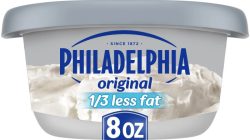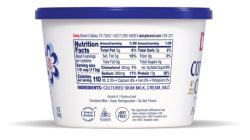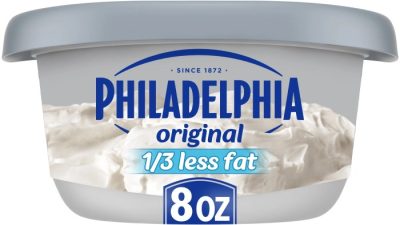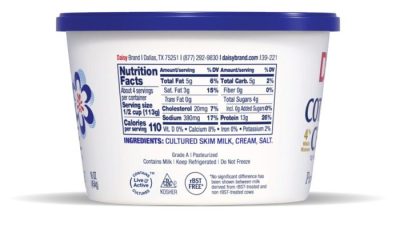Allergens and Dietary Considerations
Cheese bagel nutrition facts – Cheese bagels, while delicious, present potential challenges for individuals with specific dietary needs or allergies. Understanding the common allergens present and how to adapt recipes is crucial for ensuring safe and enjoyable consumption. This section details common allergens, recipe modifications for various dietary restrictions, and the suitability of cheese bagels for individuals with specific health conditions.
Common Allergens in Cheese Bagels
Cheese bagels typically contain several potential allergens. Wheat flour is a primary ingredient in most bagel recipes, making them unsuitable for individuals with celiac disease or gluten intolerance. Dairy products, specifically cheese, are another significant allergen, posing risks for those with lactose intolerance or dairy allergies. Depending on the specific cheese used and other ingredients, other allergens such as eggs, soy, nuts, or sesame seeds may also be present.
Reactions to these allergens can range from mild discomfort to severe anaphylaxis, highlighting the importance of careful ingredient examination and label reading.
Modifying Cheese Bagel Recipes for Dietary Restrictions, Cheese bagel nutrition facts
Adapting cheese bagel recipes to accommodate various dietary restrictions is achievable with suitable ingredient substitutions. For gluten-free versions, substitute wheat flour with gluten-free flour blends, ensuring the blend is suitable for baking. Xanthan gum or guar gum may be needed to improve texture. For dairy-free options, replace cheese with dairy-free alternatives such as vegan cheeses made from nuts, soy, or tofu.
These alternatives vary in taste and texture, requiring experimentation to find a suitable substitute. Other ingredients, like eggs or nuts, can also be replaced with their respective alternatives depending on individual needs.
Suitability of Cheese Bagels for Specific Dietary Needs
The suitability of cheese bagels for individuals with specific dietary needs varies greatly depending on the ingredients and the individual’s sensitivities. For individuals with diabetes, the high carbohydrate content of bagels necessitates careful portion control and consideration of overall daily carbohydrate intake. The fat and sodium content of cheese bagels should also be considered by those with heart disease or high blood pressure, prompting mindful consumption.
Always check nutrition labels for specific details and consult with a healthcare professional or registered dietitian for personalized dietary advice.
Allergen Content and Dietary Suitability of Cheese Bagel Options
| Cheese Bagel Type | Gluten | Dairy | Other Potential Allergens |
|---|---|---|---|
| Traditional Cheese Bagel | Contains Wheat | Contains Dairy | May contain eggs, soy (depending on cheese and other ingredients) |
| Gluten-Free Cheese Bagel (with dairy cheese) | Gluten-Free | Contains Dairy | May contain eggs, soy (depending on cheese and other ingredients) |
| Dairy-Free Cheese Bagel (gluten-containing) | Contains Wheat | Dairy-Free | May contain soy, nuts (depending on cheese substitute and other ingredients) |
| Gluten-Free and Dairy-Free Cheese Bagel | Gluten-Free | Dairy-Free | May contain soy, nuts (depending on cheese substitute and other ingredients) |
Commonly Asked Questions: Cheese Bagel Nutrition Facts
Are cheese bagels a good source of protein?
The protein content varies depending on the bagel’s size and the type of cheese used. Generally, it provides a moderate amount of protein, but it’s not a primary protein source.
Are all cheese bagels created equal?
No. Nutritional content varies greatly depending on the ingredients used (type of flour, cheese, added sugars, etc.) and the preparation method.
Can I make healthier cheese bagels at home?
Yes! Use whole-wheat flour, reduce added sugar, choose lower-fat cheeses, and add vegetables or seeds for improved nutritional value.
What are some good alternatives to cheese bagels for breakfast?
Oatmeal, yogurt with fruit and nuts, whole-wheat toast with avocado, or an egg-white omelet are all healthier breakfast options.
Cheese bagels, oh my, those carb-loaded cheesy delights! Considering their nutritional profile, you might want to compare them to a simpler cheese option. For instance, checking out the frigo string cheese nutrition facts can give you a baseline for cheese alone, helping you better understand the overall nutritional impact of your cheese bagel. Then you can make informed choices about your cheesy breakfast or snack.










